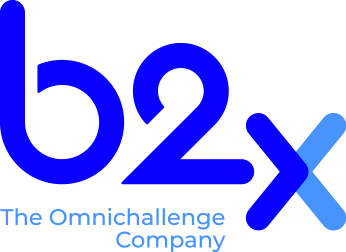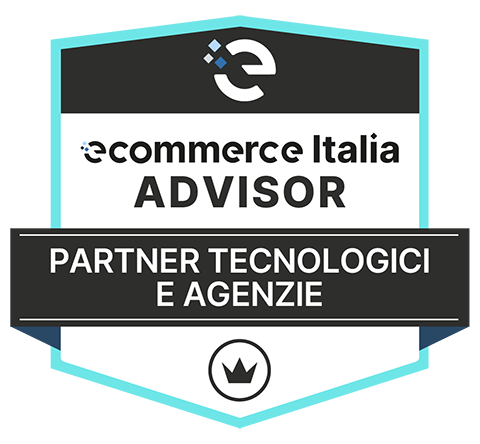When choosing how to enter the world of e-commerce, and therefore how to establish your online sales channel, you are faced with an initial and important question: create a proprietary e-commerce site or sell your products on a marketplace platform?
The preliminary evaluation is followed by some fundamental strategic choices, leading to the development of your business in one of two directions.
The world of e-commerce is varied and complex, and offers different types of online retailers.
- Marketplaces, such as Amazon
- Brand e-commerce sites, such as chicco.it
Marketplace
Marketplaces are online commercial platforms which offer businesses the opportunity to sell their products to a large audience that is already familiar with the platform and uses it for their purchases. This is an excellent opportunity in terms of visibility, thanks to the high volume of traffic received by these collective platforms and the excellent positioning of their pages in search engine rankings. Many management activities, such as invoicing, shipping and logistics, are handled directly by the marketplace, relieving the company of a number of tasks. On the other hand, this is a highly competitive environment, with the risk of not highlighting the distinctive characteristics of the brand and the product. Marketplaces are websites that sell goods from different vendors or brands. The most famous marketplaces are Amazon and Ebay. Depending on the type of product they sell, marketplaces can be divided into:
- Vertical, with a single type of product (e.g. Zalando, dedicated to clothing)
- Horizontal: different products and services (e.g. Amazon.com).
Marketplace Pro vs Minus
PROS
- Huge number of registered users
- High volume of traffic
- Numerous marketing tools available
- Logistics
- Customer loyalty
- Excellent SEO performance
- International
Platform
- Ready-to-use
- Maintenance, development and safety is the responsibility of e-tailers
CONS
- Commissions payable on sales
- User data not fully available
- Competitors on the same platform (no difference in service)
- Price comparison and price war
- New and specific SEO logic
- No visibility of the logics behind the platform
Platform
- Fixed layout with no possibility of customisation
- Fixed payment methods
Proprietary e-commerce
An e-commerce is a website where a company sells its products and / or services online.
Ownership of the platform guarantees complete control over all aspects of the website and its sales policies. The online sales channel thus becomes a genuine tool for marketing as well as sales, and is able to fully communicate the brand's values, its image and its specific communication and marketing preferences.
Management of this type of site is the sole responsibility of the company, which can choose whether to manage it using in-house staff - dedicated if possible - or to rely on outsourcing to specialised partners.
Pros & Cons of proprietary e-commerce
PROS
- Complete control over marketing and sales operations
- Ownership of user data and analysis
- No competition on the same platform
- Optimum brand positioning
Platform
- Flexibility
- The ability to create custom layouts and features
- The possibility of including different payment methods
CONS
- SEO and marketing investment required to drive traffic to the site
- Investment and ad hoc activities to build a customer base
- Sales commissions (depending on the management model)
- Longer time-to-market
- Need to integrate logistics
Platform
- Set-up investment
- Maintenance, development and security costs
Proprietary e-commerce: choosing the platform
Proprietary platform
Platforms owned by the supplier, which handles the management of the e-commerce through total or partial outsourcing.
Ideal for:
- Companies with a forecasted turnover of less than 50 million
- Those who seek a simple platform with no fixed costs
- Those who want to minimise the work involved in configuration
- Those who choose to reduce the work involved in maintenance and security
Marketing platform
Standard marketing platforms such as Magento or Spotify
Ideal for:
- Companies with a forecasted turnover of more than 50 million and which are able to sustain fixed costs
- Those seeking to develop omnichannel integrations
- Those seeking greater independence from technology providers
- Those seeking to develop an internal management model (medium-long term)
- Those who have sufficient time and budget for the set-up phase
Mixed model
In order to exploit the strengths of each type of e-commerce, brands should be present on all channels, identifying the correct positioning and appropriate levers for each. If well managed, the mixed model offers the best of both worlds. Many companies choose to dedicate only part of their catalogue to marketplace sites and offer their entire product range on their proprietary site.



 April 18. 2022
April 18. 2022 




